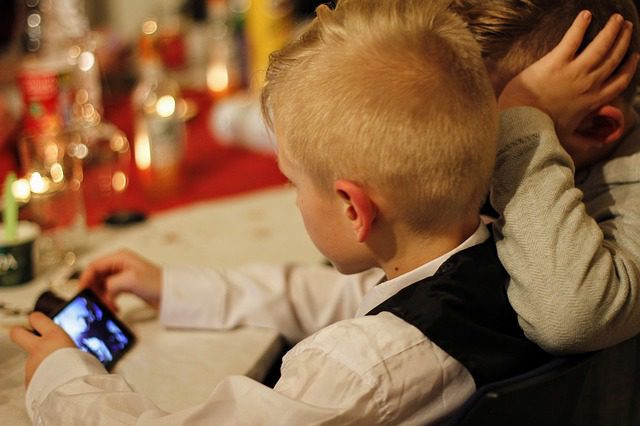Following the resignation of Uber’s chief executive, Travis Kalanick, the company announced a few app changes and added features. One of them is enabling cashless tipping.
Dogged by scandal and the resignation of its top boss, the ride-summoning company Uber is hoping to win customer loyalty with a series of changes to its app.
Chief among them: Uber riders will soon be able to pay gratuities to their drivers inside the app instead of having to tip with cash. And there is much more to come. In an email to drivers, the company said it would be introducing improvements for the next 180 days.
Uber’s commitment to turn over a new leaf comes amid an ever-growing series of embarrassing episodes, including accusations of sexual harassment and discrimination in the workplace, a rape-related lawsuit and the company’s use of a secret tool to thwart law enforcement. A shareholder revolt led to the resignation of Uber’s chief executive, Travis Kalanick, on Tuesday.
So what do all the changes mean for Uber customers? Here is what you need to know and how the app now compares with Lyft and traditional taxicabs.
Changes to Payments
The biggest change for Uber riders in the coming weeks will be the ability to add a tip through the app. At the end of a trip, after you leave the driver a star rating, you can decide whether to leave a tip.
This change should be a win for both riders and drivers. In the past, by not including an in-app tipping feature, Uber did not signal to its customers that tipping was an option, leaving the possibility that drivers could give riders lower star ratings for refusing (or not knowing) to tip with cash.
The tipping button brings Uber in line with Lyft, Uber’s biggest rival, which has offered in-app tipping for years. Yet by making tipping purely optional — you could always exit the car and decide to never leave a tip, and the driver would not know — both ride-summoning apps break from the traditional experience of taking a taxi, in which drivers expect tips with cash or a credit card.
Also coming soon are some changes that should benefit drivers. Customers will have less time to cancel a ride before incurring a fee. In the past, riders had five minutes to cancel a ride penalty-free, but soon you will have only two minutes to cancel before Uber may decide to charge you $5 to $10. Lyft still lets riders cancel penalty-free for up to five minutes. By contrast, taxis cannot charge a cancellation fee because you are not on the hook to pay anything until you are in the car.
Uber will also start charging riders for making drivers wait. Upon the arrival of an Uber driver, if you take longer than two minutes to get in the car, you will have to pay for each minute that you are late. (Rates will vary by city, but in Chicago, for example, the per-minute rate for UberX is 20 cents a minute.)
Finally, in a nod to how annoying adolescents tend to be, parents who registered their teenagers for Uber accounts will soon have to pay an extra fee of $2 for each ride with their teenager.
Over all, these changes favor drivers more than riders. But think of it this way: A happier driver will probably contribute to a better ride.
Recent New Features
Uber has also gradually overhauled its app over the past several months with new features and design tweaks.
Notably, you can now easily see how much you are generally liked by drivers. Under your profile name, your star rating (out of five stars) is prominently displayed. Tapping on the rating also shows advice on how to be deemed a better rider.
In addition, Uber recently introduced the ability to bookmark places you frequently visit. When you are en route to a favorite place, just look for the option to save the destination. Lyft offers a similar feature: When choosing a pickup or drop-off location, just tap “Add custom shortcut” to bookmark a favorite location.
In January, Uber also added the ability to synchronize your calendar with the app, making it easy to set your destination to one stored in a calendar event. For example, if you had a meeting at a restaurant, the Uber app would detect the calendar event and show the option to set the destination to that restaurant. (Weeks later, Lyft unveiled a similar feature.)
By Brian X. Chen
1. Are you an Uber rider? What do you think are the advantages and disadvantages of using transportation mobile apps such as this?
2. What other ride-sharing apps are present in your country?
3. In your culture, how important is paying gratuities?
4. What other areas of Uber do you think need attention?
